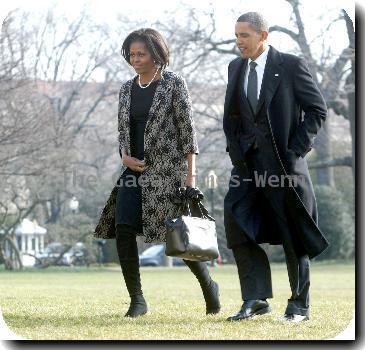US commander says ousting Taliban from Kandahar will take longer than planned
By Anne Gearan, APThursday, June 10, 2010
General: Kandahar taking longer than planned
BRUSSELS — Afghans have not yet rallied behind a U.S. military-led effort to push the Taliban out of the city where the insurgency began, and the top commander conceded Thursday that he needs more time to win them over.
The struggle for control of Kandahar, Afghanistan’s second-largest city, is considered the crucial test of President Barack Obama’s revamped strategy for a war that is increasingly unpopular in the United States and Europe.
U.S.-led NATO forces can’t defeat the Taliban while Kandahar remains an insurgent bastion, and time is short. Obama plans to begin withdrawing U.S. forces just over a year from now.
The Kandahar operation will unfold more slowly and last longer than the military had planned, Gen. Stanley McChrystal told reporters at a NATO meeting here.
“I don’t think that’s necessarily a bad thing,” McChrystal said. “I think it’s more important that we get it right than we get it fast.”
The operation is proceeding more slowly than expected because the Taliban is not regarded as a hated occupier in the city, and not all of its residents welcome NATO’s help.
McChrystal also said the nearly nine-year-old war is turning away from stalemate, but the Taliban is fighting hard.
“There are going to be tough days ahead,” McChrystal said. “Violence is up, and I think violence is going to continue to rise, particularly over the summer months.”
U.S. and other military commanders previously had said the operation would ramp up in June and largely conclude by August. Now military officials say the operation will last far into the fall.
“One would hope that by November-time one is demonstrating positive trends,” British Maj. Gen. Nick Carter, who commands allied forces in Kandahar and next-door Helmand Province, told The Associated Press.
McChrystal said that he had underestimated the amount of time needed to get local support in Kandahar. But he said the overall plan for securing the city remains the same, and that he still sees the war turning around by the year’s end.
NATO Secretary-General Anders Fogh Rasmussen said the longer timeline is not a blow to the alliance’s program.
“We are actually making progress,” he said Thursday. “We are now targeting the so-called Taliban heartland in Helmand and Kandahar. And that’s exactly our goal, and we see clear progress but at the same time we will also see more fighting.”
A year ago Obama fired the previous commander and sent McChrystal to Afghanistan with a mandate to redraw the fight as a narrow mission to blunt the insurgency and win support for the U.S.-backed central government in Kabul.
The new U.S. strategy faces its most formidable challenge in Kandahar, where sympathy for the Taliban runs high. Military leaders say they are proceeding cautiously.
“I don’t intend to hurry it,” McChrystal said. “I want to make sure we’ve got conditions shaped politically with the local leaders, with the people. We really want the people to understand, and literally pull the operation towards them,” McChrystal said.
The schedule McChrystal set this spring proved too ambitious. A February operation in Helmand cleared many Taliban fighters, but there is still daily violence around the market town of Marjah.
McChrystal acknowledged that local power politics were “even more complex than we thought” and said the allies should have been prepared to provide more government services once Taliban control was broken.
U.S. Marines are still policing Marjah, and the operation has not been the springboard for the larger campaign in Kandahar that McChrystal had once described.
“We learn from our operations. We know that everything we did in the Helmand River Valley has not been as good as we would like it to be. We think we can get better.”
— Associated Press Writer Slobodan Lekic contributed to this report.

